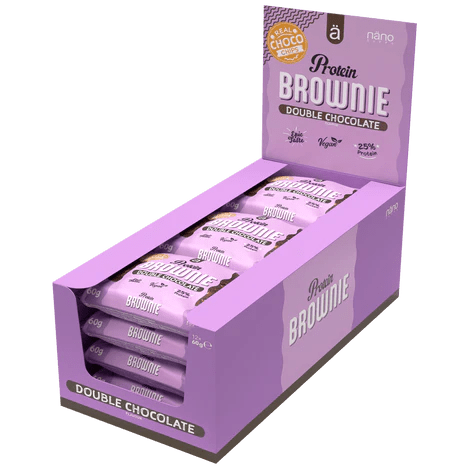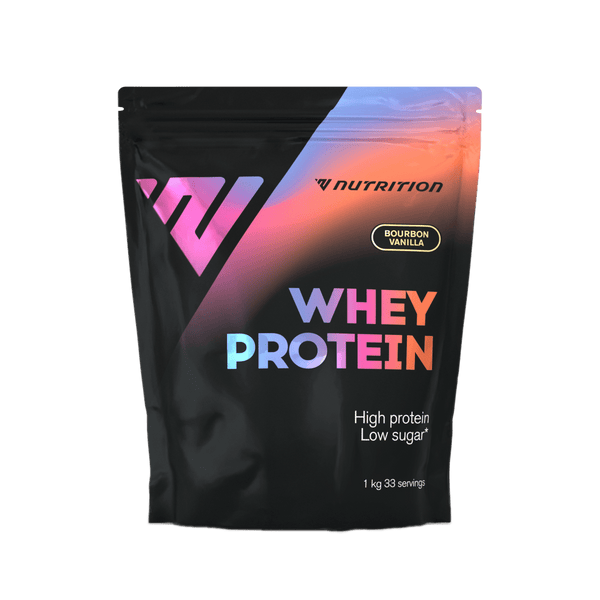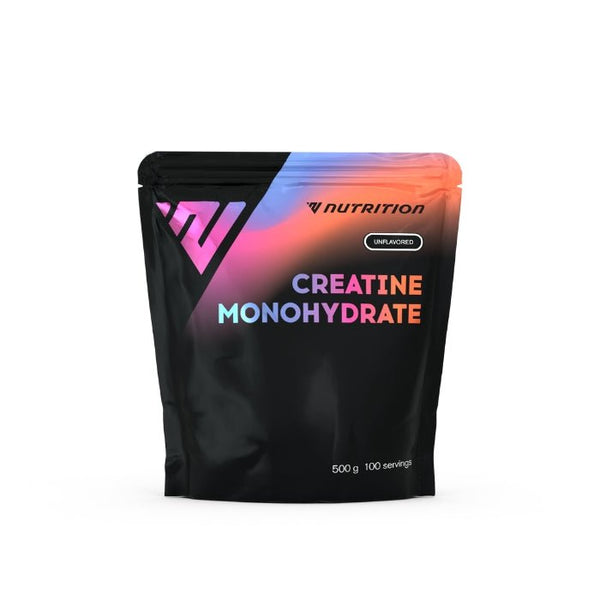Roasted soybeans are rich in vitamins, minerals, proteins and good fats, besides, they also contain isoflavones, which in the long term are able to protect against the development of cardiovascular diseases. The fiber content of these beans gives you a long-lasting feeling of satiety, while the carbohydrates and proteins contained in them serve as nutrients for the brain and muscles while maintaining energy. In many grocery stores, roasted soybeans are available with different flavors, however, it should be taken into account that sometimes they tend to have a very high salt content, as well as artificial dyes, flavorings and preservatives added, so before buying them, we recommend that you always read the label and make sure that the product you choose is nutritional.
Energy, protein and good fats
One cup of roasted soybeans contains 68 grams of protein and 14 grams of fiber. It has more protein than 200 grams of beef and more fiber than 4 servings of bran flakes. If you don't always have time for wholesome meals, a cup of soybeans is a great way to increase energy and consume 776 valuable calories. Such a serving does not contain cholesterol and contains 37 grams of fat, of which only 5 grams are saturated fats. Most of the fat content in soybeans is made up of heart-friendly fatty acids, such as linoleic acid, which can help lower blood triglyceride levels, as well as maintain LDL (low-density lipoprotein) cholesterol within health-safe limits.
Vitamin B and vitamin K
When used, soybeans contain large amounts of vitamins of group B. A cup of roasted beans contains more than 100 percent of the recommended daily intake of riboflavin – this vitamin helps your body produce energy and, according to a study by the University of Maryland Medical Center, it acts as an antioxidant when fighting harmful free radicals. Similarly, a cup of roasted soybeans contains folicate (90 percent of the recommended daily intake), thiamine (two-thirds of DHS), as well as vitamin B-6 (30 percent of DHS). They also contain 70 percent of the recommended daily intake of vitamin K – this vitamin promotes blood clotting and prevents bleeding disorders.
Minerals
A cup of roasted soybeans is a real treasure chest of essential minerals. It contains copper in quantities twice the recommended daily intake, as well as magnesium, phosphorus, mangane and zinc, equal to 100% of the recommended daily intake. These minerals are vital for bone health, muscle growth, the functioning of the nervous system, wound healing, as well as for optimal conversion of ingested food into energy. Similarly, such a quantity of beans also contains more than half of the daily intake of selenium, iron and potassium necessary for the body, as well as 25 percent of the recommended daily calcium intake, thus providing additional support for the health of the heart, blood circulation and nervous system.
Isoflavones
Roasted soybeans, besides their vitamin and mineral content, also provide other benefits for your cardiovascular health. In particular, they contain isofflvans, herbal substances which, according to a study published in the 2007 edition of the Journal of the American Medical Association, have the ability to lower both blood pressure and cholesterol. Researchers found that women with high blood pressure managed to lower their blood pressure by 6.8 percent and LDL cholesterol by 11 percent for eight consecutive weeks, prompting researchers to conclude that roasted soybeans protect against the development of cardiovascular disease.







